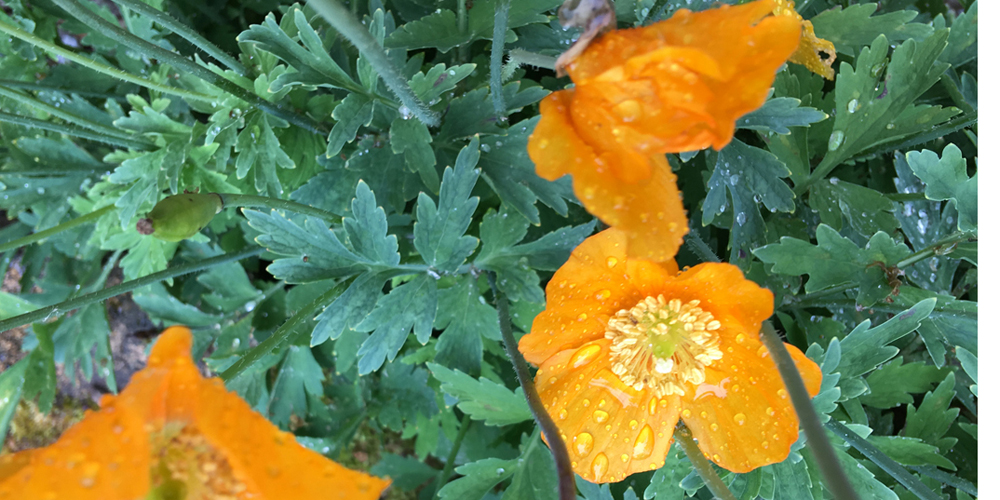
Rain
It feels like rain. After five weeks of drought, punctuated by only a few heavy drops of rain, drying up in the dust early one morning before they could sink into the ground, the wind has picked up and the air is suddenly charged with a different energy. You can smell the change.
Argyll doesn’t often suffer from a water shortage. June can be a wet month for western Scotland, typified in my mind by abundant greenness, abundant rainfall. But after a wet and cold spring, the middle of May blossomed suddenly into early summer, and from then onwards the high pressure seemed centred above us, bringing warm sunshine, blissful blue skies and gently glinting seas, sunsets of burnished gold fading into balmy twilit nights.
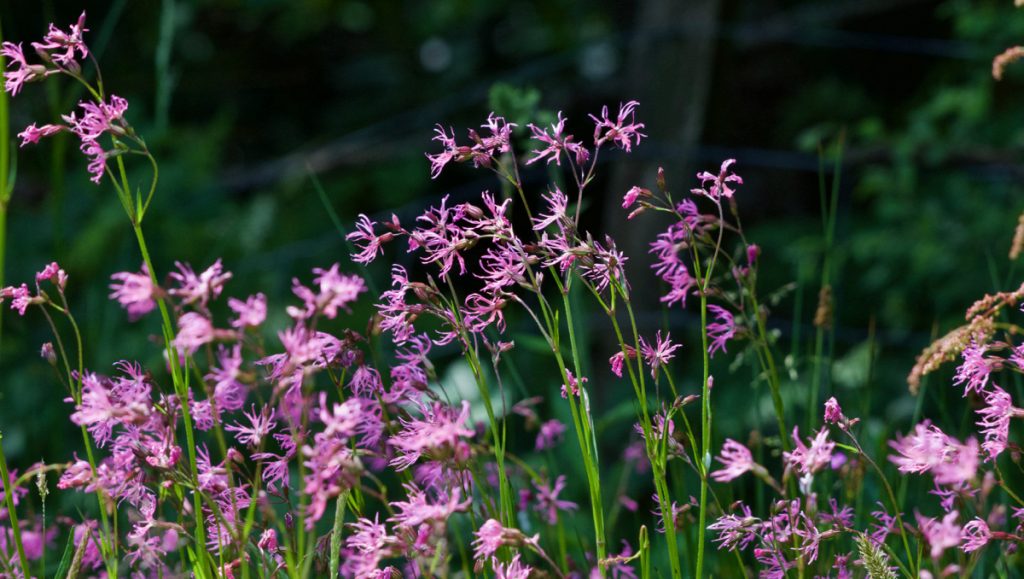
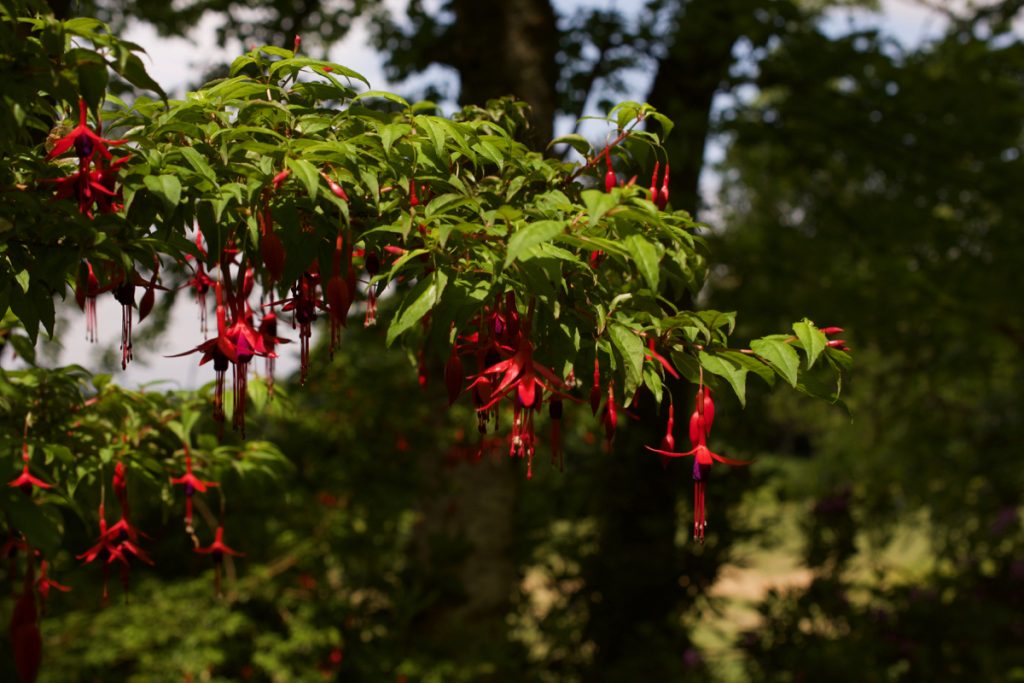
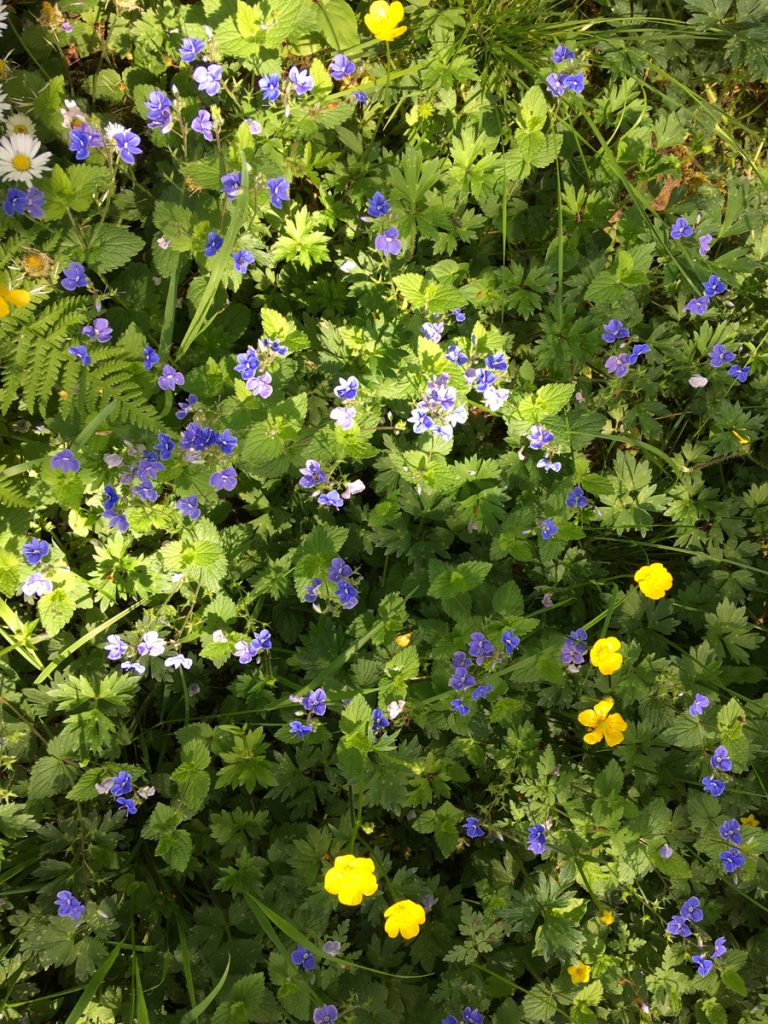 The fields and verges have filled up with a heady mix of flowers – pink campion and ragged robin, bluebells and speedwell and bird’s foot trefoil, stately foxgloves and a scattering of pink and cream orchids. Fuchsias have hung out rows of tiny ballerinas, perfectly poised and elegant, in brilliant shades of pink, purple and red. The trees have flowered and quickly set seed: bunches of green ‘keys’ dangle on the ash trees already, and for the last few weeks the paper-dry seeds or ‘samaras’ of the wych elms have been tumbling down, filling the air like confetti, so that thousands of them lie in thick drifts in the garden and fill up the potholes in the lane. The other afternoon I watched as the breeze caught and lifted them into dizzy whirls like dust devils, hundreds of them dancing and scurrying along the road with an ecstatic rustling, to settle momentarily for a rest and then dance again, like insatiable revellers. But now, as a stronger wind tosses the branches they are fleeing from an unseen comer, driven by a new urgency, seeking shelter. Their brittle coats will soon be soaked with rain.
The fields and verges have filled up with a heady mix of flowers – pink campion and ragged robin, bluebells and speedwell and bird’s foot trefoil, stately foxgloves and a scattering of pink and cream orchids. Fuchsias have hung out rows of tiny ballerinas, perfectly poised and elegant, in brilliant shades of pink, purple and red. The trees have flowered and quickly set seed: bunches of green ‘keys’ dangle on the ash trees already, and for the last few weeks the paper-dry seeds or ‘samaras’ of the wych elms have been tumbling down, filling the air like confetti, so that thousands of them lie in thick drifts in the garden and fill up the potholes in the lane. The other afternoon I watched as the breeze caught and lifted them into dizzy whirls like dust devils, hundreds of them dancing and scurrying along the road with an ecstatic rustling, to settle momentarily for a rest and then dance again, like insatiable revellers. But now, as a stronger wind tosses the branches they are fleeing from an unseen comer, driven by a new urgency, seeking shelter. Their brittle coats will soon be soaked with rain.
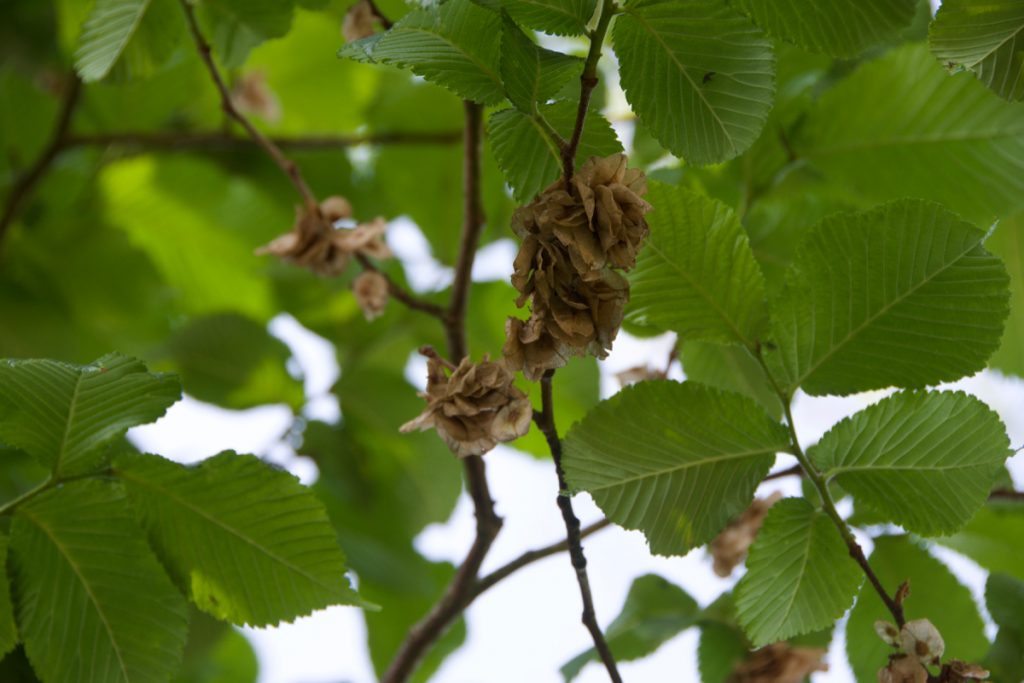
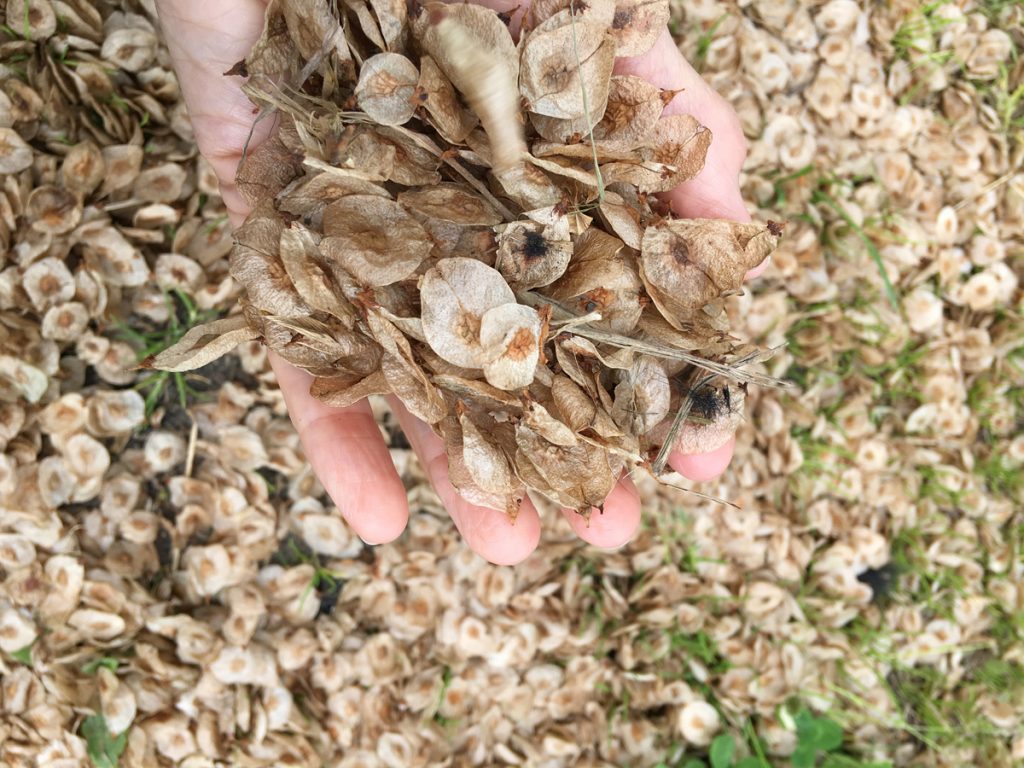 On Sunday afternoon we walked up the hill at the back of the house, pushing through rhododendron bushes, low-growing birch trees, and forests of bracken at head height to emerge onto the moor where the vegetation underfoot was crisp from lack of water. A breeze coming off the sea cooled us perfectly from the baking sun, and we paused at the top to drink in the sight of islands – Mull, Luing, Scarba and Jura – languishing in a silver sea. Overhead, skylarks poured out their liquid songs. A cuckoo called from the woods. Summer.
On Sunday afternoon we walked up the hill at the back of the house, pushing through rhododendron bushes, low-growing birch trees, and forests of bracken at head height to emerge onto the moor where the vegetation underfoot was crisp from lack of water. A breeze coming off the sea cooled us perfectly from the baking sun, and we paused at the top to drink in the sight of islands – Mull, Luing, Scarba and Jura – languishing in a silver sea. Overhead, skylarks poured out their liquid songs. A cuckoo called from the woods. Summer.
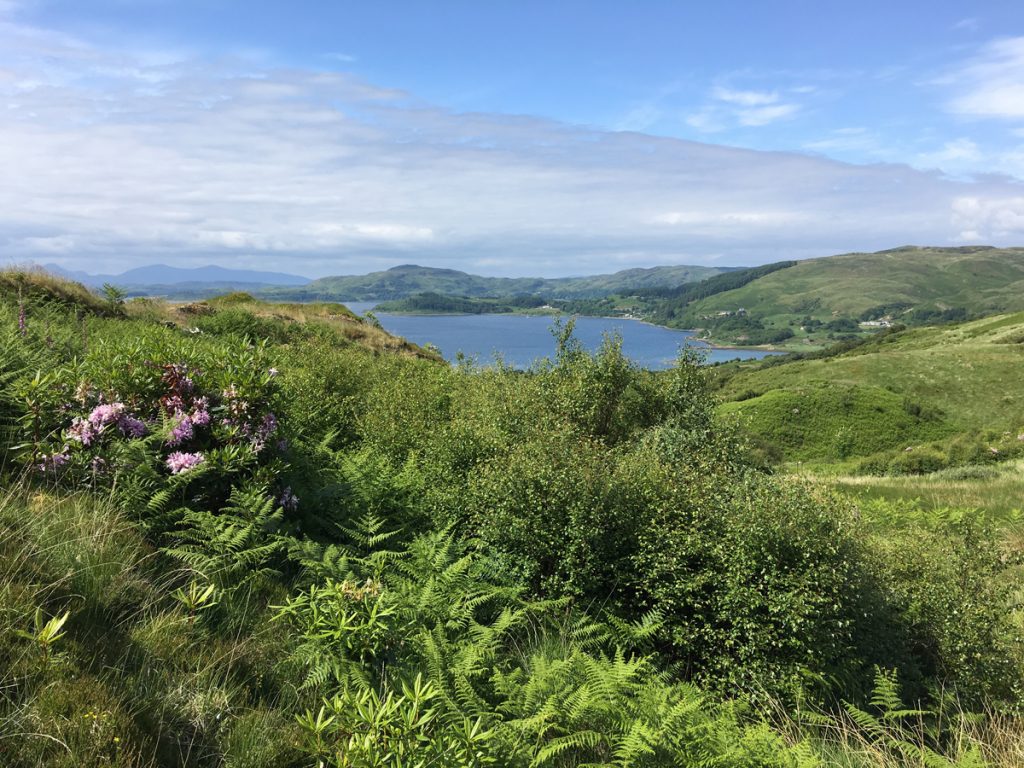
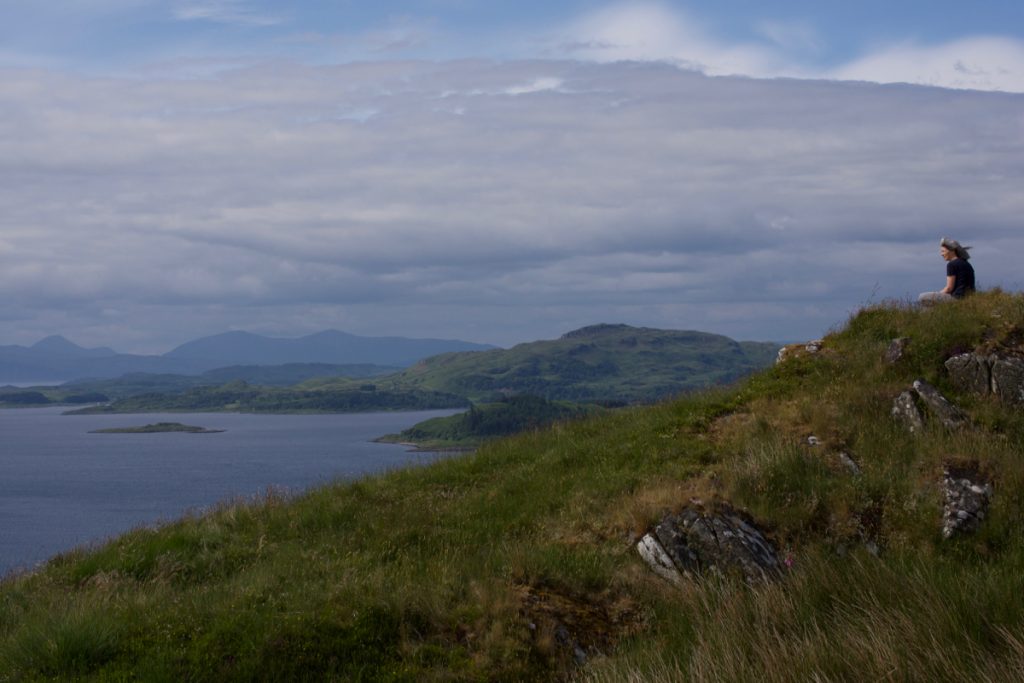
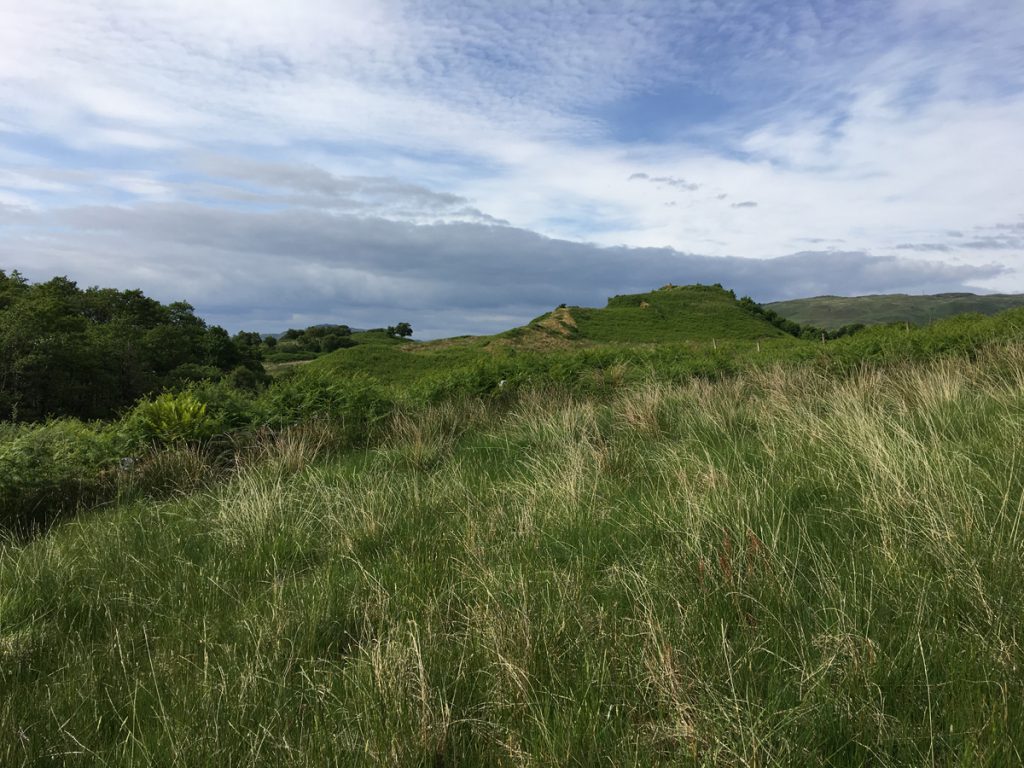
 But now, change. The bright sunshine this morning has been drowned in a gentle but persistent tide of cloud, and the sea has woken up from its lazy dream: the surface is no longer sparkling, but a smooth sulky grey. The trees sway with fresh energy, expectant and exhilarated. On the windows, the first spots of rain.
But now, change. The bright sunshine this morning has been drowned in a gentle but persistent tide of cloud, and the sea has woken up from its lazy dream: the surface is no longer sparkling, but a smooth sulky grey. The trees sway with fresh energy, expectant and exhilarated. On the windows, the first spots of rain.

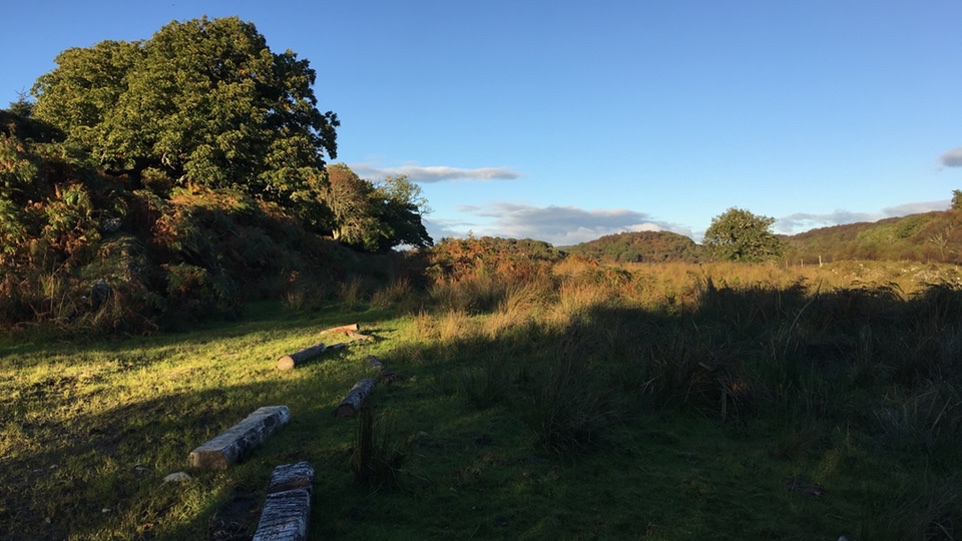
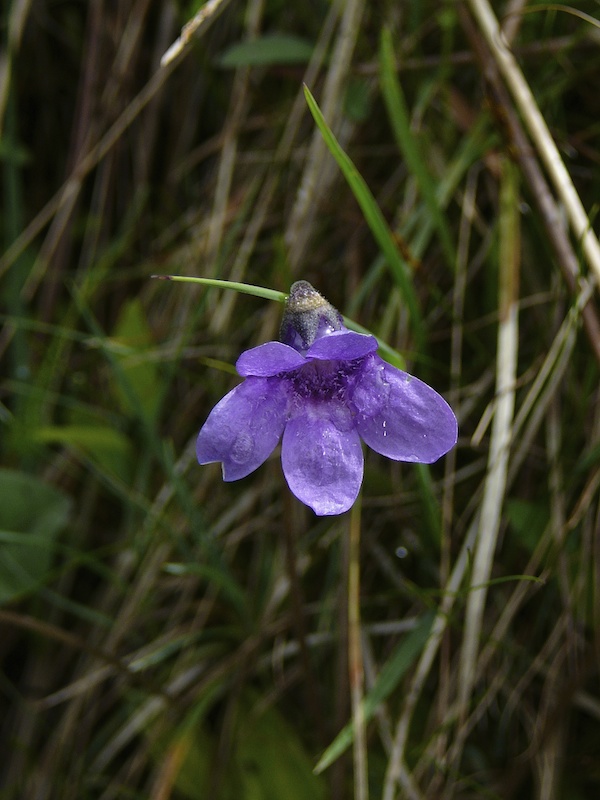
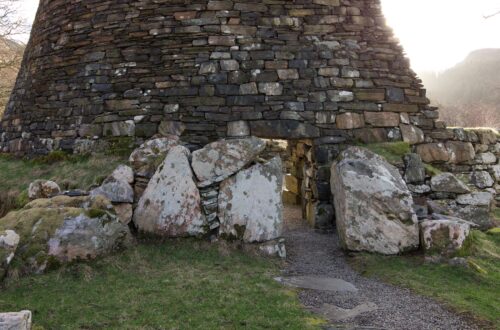
14 Comments
davidoakesimages
Well it makes a change….you have been hogging that sunshine for too long! Not that we can complain as spring has been predominantly dry, record high temperatures at times and of course some very welcome sunshine after such a dark, damp and dismal winter
Jo Woolf
Yes, it had to end sometime! Heavy rain now, and quite strong wind as well. Our spring has been very dry indeed, but it was wonderful to have so much sunshine!
Zee Morin
I just came back from a week in Scotland where I was treated to uncommonly good weather, as I’ve been informed. Thank you for your beautiful pictures and posts.
Jo Woolf
You timed it very well! I hope you had a great time. Thanks for your kind words!
pat
It seems like our seasons are behaving oddly, also. If this is climate change I want compensation! We don’t have many elms here anymore. I miss those seeds. Beautiful words and pictures, as always.
Jo Woolf
Thank you, Pat! I hadn’t seen elm seeds before – they are amazing, and there are so many of them! All turned to mulch now, in the heavy rain.
greg-in-washington
Great photos of the landscape. Planning Scotland visit this year!
Jo Woolf
Thank you, Greg! I hope you have a great time over here, and the weather is kind to you!
greg-in-washington
Been there before, and I live in the rainy Pacific Northwest. Rain doesn’t bother me! Thanks Jo
Jo Woolf
That’s good! Similar climate, then!
greg-in-washington
Yes, only colder in the winter and hotter in the summer, but precipitation the same!
montucky
How gorgeous, the flowers and the scenery!
Jo Woolf
We are very blessed, and the wild flowers around here are just amazing – the kind of abundance that I remember seeing as a child.
Lorna
Sheer poetry, and stunning photographs. I feel your sense of freedom, sitting on that grassy rise looking out to sea. The lack of rain has been quite extraordinary. It’s been the same here, although we’ve now had a bit of a soaking, thankfully. I was getting quite concerned about the plants.